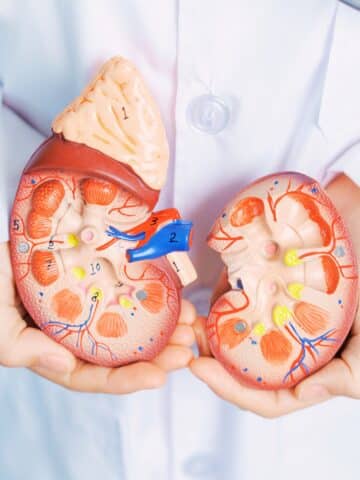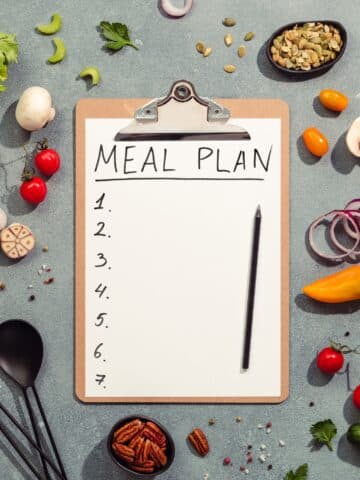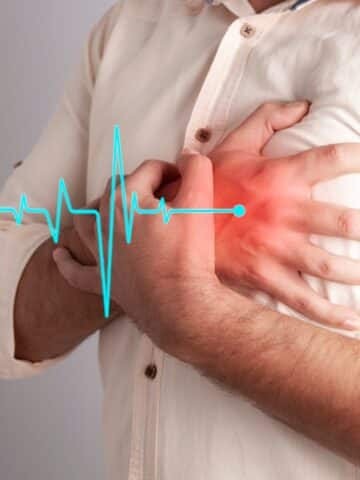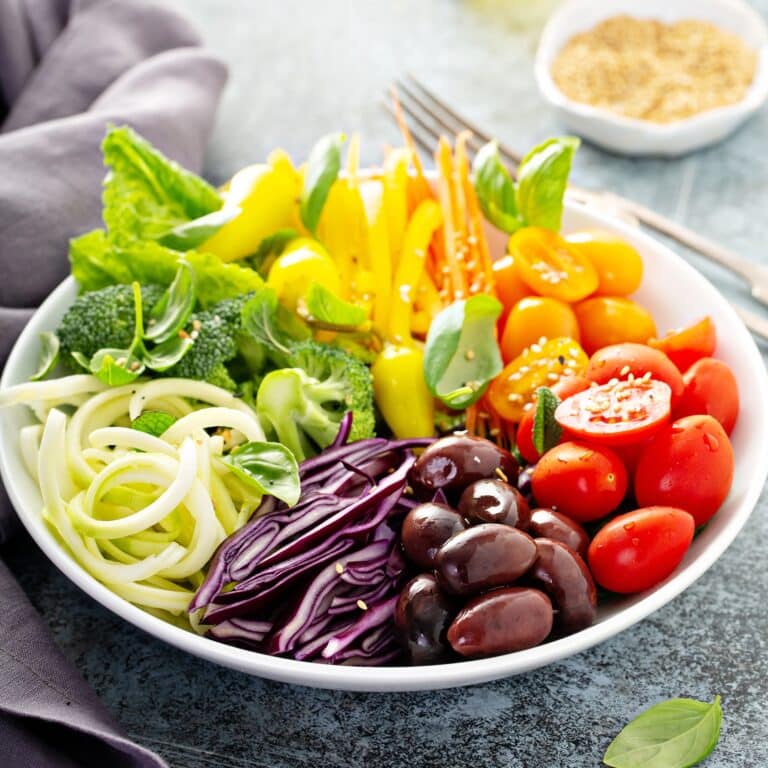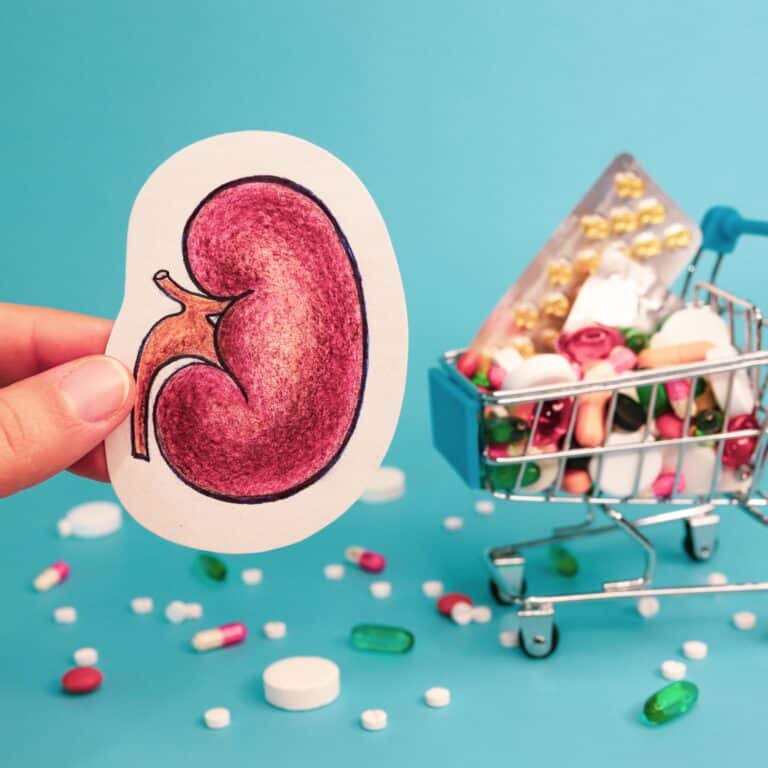Kidney Friendly Diet For Diabetics
It can be difficult to figure out a healthy renal diet when you have a chronic health condition such as renal disease or diabetes. It is very common, however, for people to be living with more than one of these conditions. Renal disease and diabetes especially seem to go hand in hand for many people.
Managing your diet with just one of these conditions can make your life a bit complicated, but renal disease and diabetes together can feel overwhelming. This is because both of these conditions are strongly affected by diet.
When should I limit phosphorus with CKD? In the diagnosis and treatment of both renal disease and diabetes, doctors adamantly recommend a strict diet to help control and maintain the conditions. In many cases, diet affects treatment and outcome just as much or more than diabetes oral medications (ckd and diabetes medications).
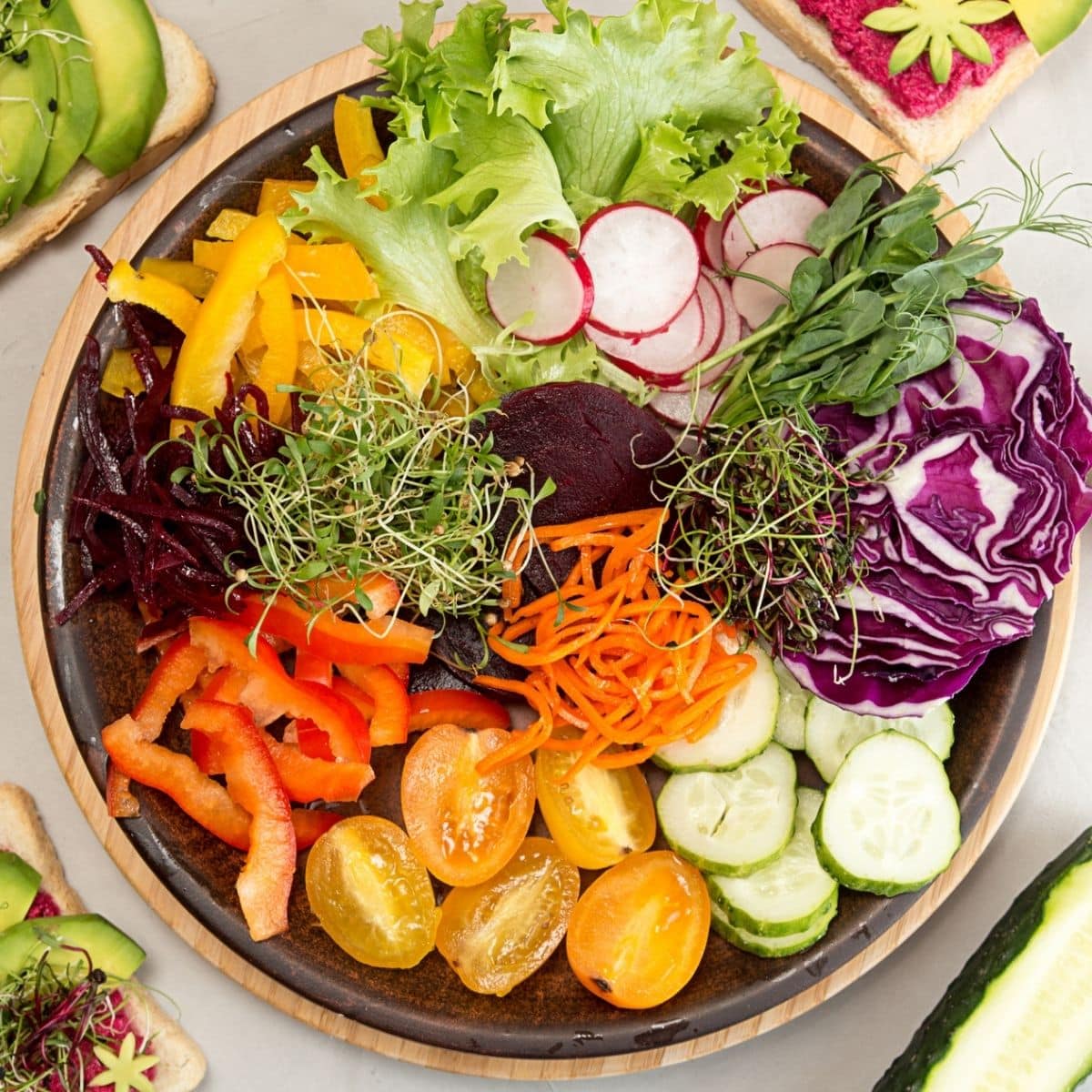
Diabetes can be a serious condition, but managing it doesn't have to be hard. Eating a kidney-friendly diet is one way for diabetics to help manage their levels of blood sugar and maintain renal health. With the right diabetes diet eating plan (menu plans for renal diabetes diet), you can get closer to your health goals and enjoy a better quality of life.
In this article, we'll discuss how eating the right foods can help diabetics with CKD (chronic kidney disease) as well as what types of food should be included in a personalized meal plan. We'll also go over which foods are best avoided and why consulting a dietitian is important when creating an effective dietary program for diabetes management.
Jump to:
- Key Takeaways
- What Is A Kidney Friendly Diet For Diabetics?
- Coexisting Conditions
- Treatment and Medications
- Kidney Diet and Diabetic Diet Basics
- Protein Requirements
- Minimizing Salt Intake
- Phosphorus and Potassium
- Carbohydrate Sources
- CKD and Dialysis Considerations
- FAQs for Eating With Renal Disease and Diabetes
- A Healthy Meal Plan Can Make Life Better For You - Despite CKD And Diabetes!
Key Takeaways
- Maintaining a kidney-friendly diet is crucial for individuals with both renal disease and diabetes.
- A personalized list of foods to avoid is necessary for each case, but lean proteins, dietary fiber, and low starch vegetables are generally recommended.
- Processed foods and simple carbohydrates should be avoided, and a healthy diabetes diet should include fruits, veggies, healthy fats, lean protein, less salt, sugar, and refined carbs.
- Limiting amounts of sodium, phosphorus, and potassium intake is also important for a kidney-friendly diet. Consulting a dietitian regularly and checking blood glucose levels often can help manage both conditions.
For More Recipes and Ideas --->> Get Your Free Meals and Recipes That Are Perfect for Pre-Dialysis Diets, Pre-Dialysis with Diabetes, or Dialysis Diets.
What Is A Kidney Friendly Diet For Diabetics?
Everything you eat gets processed by multiple systems in your body. Food material is broken down in your stomach and digestive tract, and the byproducts are pumped through your blood.
That blood is pumped all over your body, and every bit of it is processed by your kidneys. If your kidneys are not functioning properly, then they are unable to properly filter your blood and discard waste and excess byproducts.
Diabetes, a chronic condition characterized by high levels of blood sugar, poses a significant risk for developing Chronic Kidney Disease. CKD is one of the major complications of diabetes, and diabetes is one of the leading causes of CKD worldwide.
Over time, persistently elevated levels of blood glucose can damage the delicate blood vessels and filtering units within the kidneys, impairing their ability to effectively remove waste and excess fluid from the body.
This damage, known as diabetic nephropathy, can progressively lead to CKD. Persistence of uncontrolled diabetes can similarly lead to progression of kidney disease. Individuals with diabetes should closely monitor their levels of blood sugar, manage their diabetes through lifestyle changes and medication, and undergo regular kidney function screenings to detect and manage CKD at its earliest stages (food for your stage of chronic kidney disease).
A kidney-friendly diet is important for diabetics to manage levels of sugar, reduce waste and fluid processed by kidneys, and maintain a healthy lifestyle. It's crucial to develop an individualized diabetes diet eating plan with guidance from a registered dietitian. Nutrient balance and healthy meal planning are vital for people with diabetes and kidney disease.
To start, it's important to know which foods have excess sodium or high amounts of potassium and should be limited or avoided. Dietary restrictions vary depending on the stage of chronic kidney disease, so this should be considered when creating a meal plan.
Cookbooks and online meal prep tips designed for these conditions are available to make managing meals easier. It's recommended that individuals consult with their doctor before making any major changes to their diet or lifestyle because some oral diabetes medications may interact negatively with certain foods.
Engaging in regular physical activity can also help improve overall health outcomes for those living with both diabetes and CKD. Exercise helps maintain levels of blood sugar normal while also increasing strength, flexibility, balance, coordination, mood improvement and more!
Coexisting Conditions
When two chronic conditions coexist, managing both can be difficult, but sticking to a healthy lifestyle and meal plan is essential for long-term success. Prevention strategies, such as nutritional counseling and medication management, are important in order to reduce risk factors associated with kidney disease and diabetes.
Making lifestyle changes such as increasing physical activity and eating a balanced diet are key components of prevention.
Eating the right foods can help manage both conditions and make it easier to achieve blood sugar level control in adults with diabetes. For people living with both diseases, there are many resources available for meal planning ideas.
A registered dietitian can create an individualized diabetes diet eating plan that takes into account food preferences while staying within the guidelines of a kidney diet (ckd diet guidelines). This includes lean proteins, low starch vegetables, dietary fiber along with limiting sodium intake and avoiding processed or simple carbohydrates which can cause a blood sugar spikes.
Living with kidney disease or diabetes requires dedication to maintaining a healthy lifestyle in order to prevent further complications from developing. Keeping track of symptoms like edema and poor circulation is also important when monitoring progress of the condition.
It's crucial to find support groups or online resources if needed for additional guidance on how to effectively manage these conditions together over time.
Treatment and Medications
Treating both kidney disease and diabetes requires a combination of medications, lifestyle changes, and monitoring.
Managing insulin is important for people with both conditions as it helps keep blood sugar levels under control. Not all patients require insulin as some may be managed with oral diabetes medications. Insulin should be taken in accordance with the doctor's orders to ensure that blood sugar levels stay within the target range.
It's also important to monitor your glucose levels often as complications can occur if your body doesn't respond well to certain medications. Common side effects of medications for diabetes include stomach upset, low blood sugar, or even high blood sugar when they are not taken as instructed.
Additionally, getting regular exercise can help manage weight and improve overall health while reducing potential side effects of taking medications for either condition. Monitoring your blood sugar is an important part of managing diabetes and CKD together since consistently elevated blood sugars can lead to health problems like stroke or poor circulation.
If you find that you're having difficulty managing your diet or lifestyle habits due to either condition, don't hesitate to speak with your doctor about additional resources such as nutritional guidance from a registered dietitian or finding support groups for people living with these conditions.
Taking care of yourself is essential for maintaining a long and comfortable life despite these two coexisting conditions.
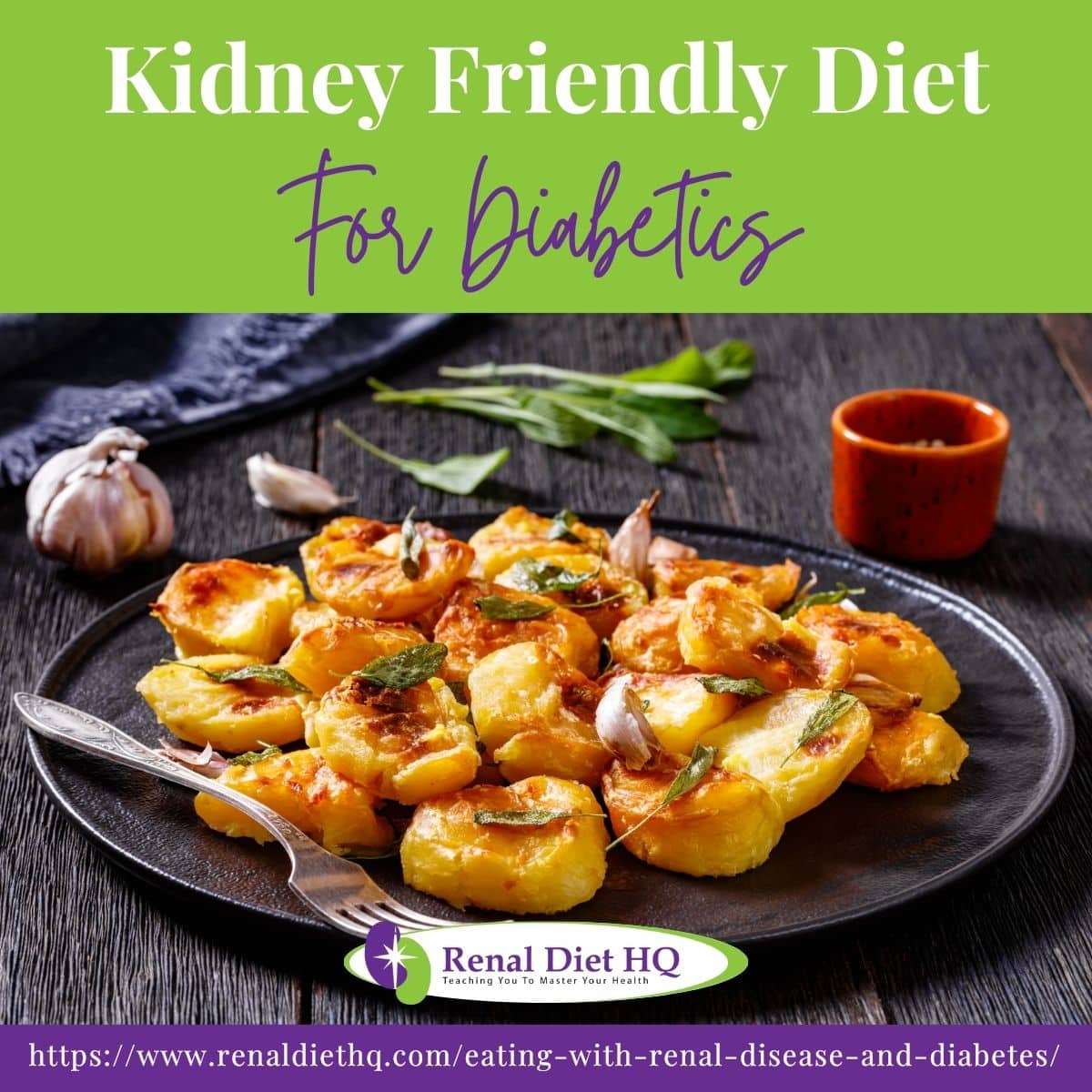
Kidney Diet and Diabetic Diet Basics
The foods you eat are all eventually broken down into sugars. Some foods, such as processed foods, and simple carbohydrates like white flour baked goods, crackers, sugared sodas, and sugary snacks, are broken down into sugar very quickly. This causes blood sugar spikes (kidney friendly snacks).
Consistently elevated blood sugar levels, such as those found in diabetes, can cause your blood cells to erode and blood vessels to harden.
Both renal disease and diabetes can cause edema, or dangerous swelling, poor circulation, stroke, and more. Diabetes can even ultimately cause or worsen renal disease. So maintaining an appropriate diet and lifestyle is doubly important for people living with both conditions.
It may feel like you do not have many options left when it comes to what you can eat. Both diabetes and renal disease each come with their own list of restrictions and recommendations for diet.
You can get a list of foods you should avoid from your doctor, as each case is different. Of course, you should discuss any new diet or lifestyle changes with your physician.
Here are some examples of foods prescribed to patients who have renal disease and diabetes:
- Lean Proteins: Eggs, egg whites (avoid the egg yolk), lean meats, boneless skinless chicken breast, shrimp
- Dietary Fiber: Beans, lentils, peas, apples, pears, whole grain bread or pasta
- Low Starch Vegetables: Broccoli, asparagus, bell peppers, mushrooms, carrots, cauliflower
Protein Requirements
How much protein in CKD Diets? It's important to get the right amount of protein in your diet if you have both diabetes and kidney disease. Eating enough protein helps keep muscles healthy and maintain a healthy weight, which are both important for managing these conditions.
Protein can come from both animal and plant sources, but those with kidney disease should be careful about how much they consume in order to prevent further damage to the kidneys.
High amounts of protein can cause increased pressure within the kidney blood vessels, which can lead to worsening of renal function, and therefore progression of chronic kidney disease. Hence, most recommend modest protein restriction with a low-protein diet for pre-dialysis patients with kidney disease.
Here is an overview of what you need to know about protein:
- Plant vs animal protein: Plant proteins such as beans, lentils, nuts, and tofu provide essential amino acids needed for optimal health. Animal proteins like eggs, dairy products, fish, poultry, and red meat also contain essential amino acids but may be high in saturated fat or phosphorus depending on their source.
- Protein supplements: Those on dialysis may need additional protein that can be provided through a supplement or through a high-protein diet as prescribed by their doctor. Protein supplements should only used be with guidance from your healthcare team so that intake does not exceed recommended levels.
- Protein intake guidelines: Most nephrologists recommends 0.8-1 grams of protein per kilogram (2.2 lbs) of body weight per day for those living with CKD finally 2-3 g/kg daily is suggested for those who are already receiving dialysis treatments due to renal failure as a complication of diabetes. This high protein diet can help reduce hospitalizations related to malnutrition during treatment.
- Protein and weight management: Consuming enough protein helps maintain muscle mass while losing fat mass which aids in controlling blood sugar levels over time; however, it is still important to limit total caloric intake while attempting weight loss due to other dietary restrictions that usually accompany diabetes or renal disease management plans.
- Protein and muscle health: Adequate amounts of dietary protein are necessary for proper growth and development of skeletal muscle tissue - consuming too little can lead to loss of lean body mass over time which can impair physical functioning; conversely eating too much can cause excessive strain on the kidneys leading to further damage.
Managing a healthy diet when living with diabetes or chronic kidney disease requires individualized care from a registered dietitian nutritionist (RDN) who will assess each person's unique needs based on age, activity level, medications taken etc., as well as provide meal plan ideas tailored specifically towards their condition(s).
Since there's no one-size-fits-all approach when it comes to choosing foods suitable for diabetes or CKD patients – an RDN's expertise is invaluable in helping individuals make informed decisions regarding food consumption throughout their journey towards better health outcomes.
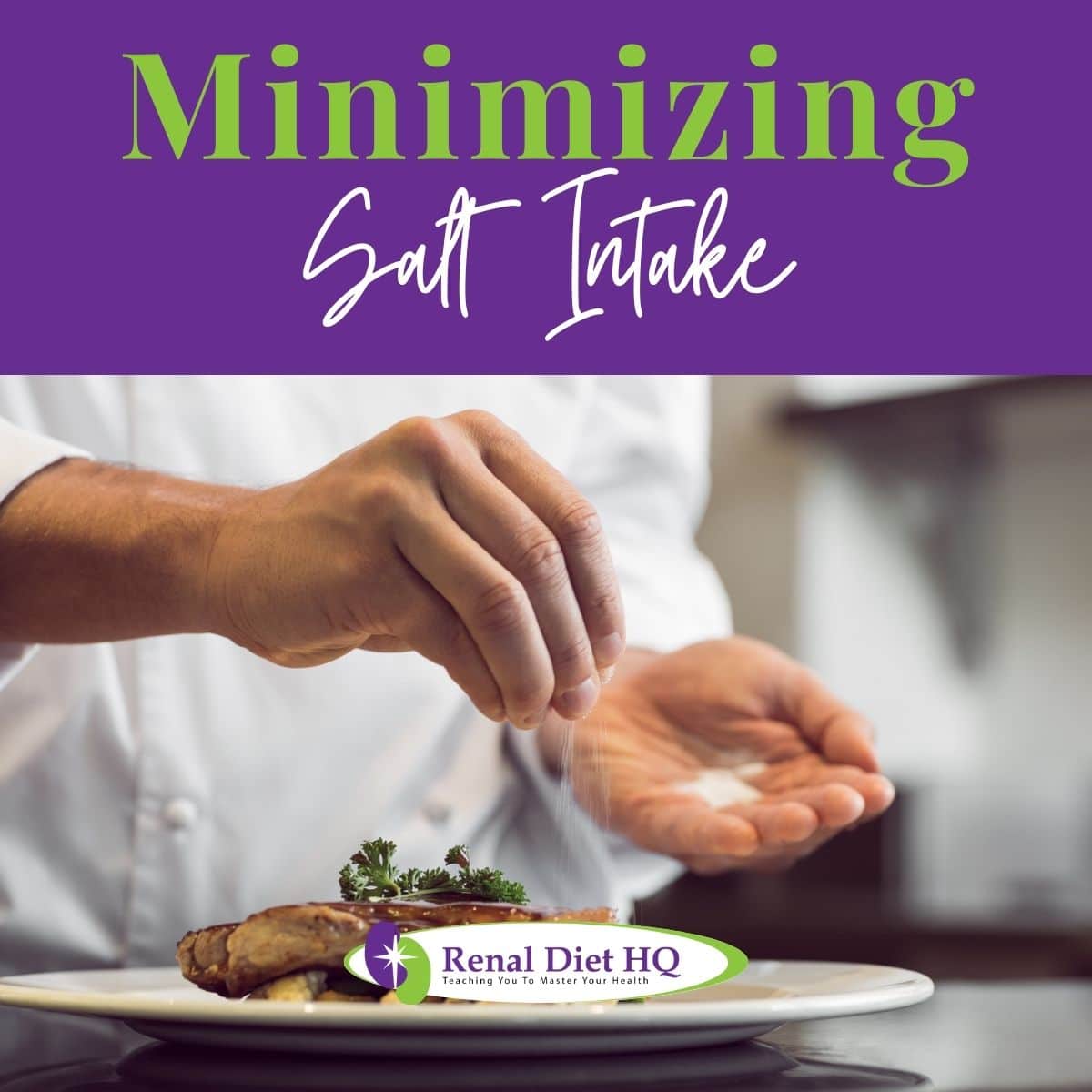
Minimizing Salt Intake
Now that you know the importance of protein in a kidney-friendly diet for diabetics, it's time to look at another important dietary factor: reducing sodium. Sodium is found in many processed foods and is often added when cooking. It can also be found naturally in some foods.
Eating too much sodium can have negative health effects such as elevated blood pressure, fluid retention, and increased risk of heart attack or stroke. Fortunately, there are many low salt options available to help reduce your sodium intake while still enjoying flavorful meals.
People with kidney disease are advised to limit their sodium intake to less than 2000 mg per day to keep their blood pressure in check and keep fluid retention at bay.
When looking for low salt options, choose fresh or frozen fruits and vegetables instead of canned ones as they typically contain less sodium per serving. You should also look for reduced-sodium versions of soups, sauces, dressings, and snacks like chips and crackers.
Instead of using table salt when cooking or seasoning food at the table, try using salt substitutes in the form of herbs and spices like garlic powder, oregano, basil, or cumin to boost flavor without adding extra sodium.
Finally, there are plenty of ways to find delicious alternatives that don't include adding extra salt to recipes. For example, try roasting vegetables with a little bit of olive oil instead of boiling them; this will bring out their natural sweetness without the need for added seasonings like salt.
Also, experiment with different herbs and spices when cooking to create interesting flavors without the need for additional salt or fat! With a few tweaks here and there, you can still enjoy flavorful meals while minimizing your overall sodium intake!
Phosphorus and Potassium
Consuming the right amount of phosphorus and potassium is essential for maintaining healthy blood vessels, eyes, and hearts.
Phosphorus helps to keep bones strong but too much can weaken bones and damage blood vessels, eyes, and heart.
Potassium helps nerves and muscles work well but consuming too much can increase the risk of heart disease and arrhythmias (irregular heartbeat (heart healthy lifestyle changes for CKD).
Knowing which foods are low in phosphorus or high in potassium is important for managing mineral imbalances for people with kidney disease or diabetes.
The following table provides a helpful guide to help you make informed choices about what to eat:
| Low-Phosphorus Fruits | High-Potassium Vegetables | Herbal Supplement Dangers |
| Apples | Avocado | Licorice root |
| Cranberries | Sweet potatoes | Stinging nettle |
| Oranges | Spinach | Kava kava |
| Strawberries | Broccoli |
It's also important to understand that herbal supplements may not be safe for those with kidney disease. Certain herbs like licorice root, stinging nettle, and kava kava may increase the risk of developing toxic levels of minerals like potassium or phosphorus if taken without consulting a doctor first.
Carbohydrate Sources
Making wise carbohydrate choices is key for managing diabetes and kidney disease. Carbohydrates are an important part of any diet, but diabetics and those with kidney disease need to be aware of what types they're eating.
Low glycemic index foods, fiber-rich options such as whole wheat bread, oatmeal, quinoa, brown rice, sweet potatoes, beans, lentils, and other legumes will help keep blood sugar levels steady. However, these may have higher amounts of phosphorus so it's important to watch out for what you eat.
For fruit alternatives that are lower in potassium and phosphorus, try applesauce or canned peaches if you can find them without added sugars.
Portion control is also important when dealing with diabetes and kidney disease. Counting carbohydrates is still a popular way to manage these conditions. There are many techniques available to help people learn how to count carbs accurately so they can make sure their intake meets dietary guidelines.
Aim for three meals per day plus snacks; this will help keep your energy level consistent throughout the day while ensuring you don't overeat on one type of food at one mealtime.
It may be difficult at first to adjust your diet when dealing with both diabetes and kidney disease, but it doesn't have to be overwhelming. Speak with a registered dietitian who can create a personalized meal plan tailored specifically for your needs, which should include enough protein sources for muscle health while avoiding too much phosphorus or potassium found in certain foods like dairy products or nuts and seeds respectively.
With the right education and support from healthcare professionals, making healthy lifestyle changes such as following a balanced diet can help manage symptoms of both conditions over time.
CKD and Dialysis Considerations
Managing your diet while living with both diabetes and kidney disease can be challenging, but dialysis and other treatments may help. Dialysis filters the blood like the kidneys, but it doesn't work as well and treatments are often intermittent, so fluid can build up in between treatments.
This makes it even more important to monitor blood sugar levels regularly and make lifestyle modifications to manage them. Additionally, you should be aware of any herbal supplements or vitamins that might not be safe for your kidney condition.
Fluid management is also key when dealing with diabetes and CKD. Keeping sodium intake low helps lower blood pressure and decrease fluid buildup in the body. It is important to look for low sodium (5% or less) on food labels and be aware that salt substitutes may have high potassium content which needs to be monitored.
It is recommended to switch from processed foods and simple carbohydrates which can cause a blood sugar spikes, to fresh homemade foods instead.
Protein intake should also be carefully considered for dialysis patients with diabetes and CKD since the more protein can help replenish those lost from the filtration process of the dialysis treatment. Animal proteins such as poultry, fish, pork, eggs are all good sources of protein; however plant based proteins such as beans, nuts are also excellent sources that should not be overlooked.
More than ever, those with diabetes and kidney disease on dialysis should carefully watch their potassium and phosphorus intake as kidney failure makes it harder for the kidneys to handle these minerals.
FAQs for Eating With Renal Disease and Diabetes
The recommended carbohydrate goals for someone with diabetes and CKD depend on various factors, including individual health, kidney function, and diabetes management. Generally, it is advisable to work closely with a registered dietitian or healthcare provider to develop a personalized meal plan (7 day meal plan for kidney disease).
In most cases, a moderate carbohydrate intake is recommended, typically around 45-60% of total daily calories. However, the distribution and timing of carbohydrates throughout the day may vary based on blood sugar control and kidney function.
It is crucial to monitor blood glucose levels regularly, adjust carbohydrate intake accordingly, and consider the impact of other nutrients on overall health, such as protein and sodium (renal diet sodium limit).
When eating out with diabetes and CKD, there are several special considerations to keep in mind. First, choose restaurants that offer healthier options and have customizable menus. Opt for dishes that are lower in sodium content and limit added sugars. It's important to control portion sizes and avoid overeating.
Communicate your dietary restrictions and needs to the restaurant staff, and ask for modifications like steamed vegetables instead of fried options or sauces on the side. Additionally, monitor your blood sugar levels closely and be mindful of hidden sources of carbohydrates.
Planning ahead, being mindful of food choices, and effectively communicating with restaurant staff can help you make healthier choices while dining out.
Yes, there are resources available to help create a meal plan for diabetes and CKD. One valuable resource is our meal plans for people with CKD and Diabetes, which offers information, tips, and meal planning guidance specifically tailored to individuals with kidney disease and diabetes.
They provide resources on renal-friendly recipes, portion control, and guidelines for managing diabetes while considering kidney health regardless of your stage of kidney disease.
Additionally, consulting with a registered dietitian who specializes in kidney disease and diabetes can provide personalized guidance and meal planning support. They can help create a meal plan that meets your specific dietary needs, taking into account your blood sugar control, kidney function, and overall health goals.
A Healthy Meal Plan Can Make Life Better For You - Despite CKD And Diabetes!
From understanding the importance of protein, phosphorus, and potassium levels, to learning which foods to include or avoid, you now have an idea of what it takes to manage your diabetes and CKD.
Sticking to a healthy diet and lifestyle is the best way for you to live a long and comfortable life with these two conditions.
Remember that one condition can ultimately make the other worse, but that you have a good amount of control over how you feel by controlling your diet. Stick to a healthy meal plan and active lifestyle as directed by your doctor and you can live the healthiest life possible.
With the right care and effort, you can make sure that your diet helps keep your kidneys healthy and functioning well.


